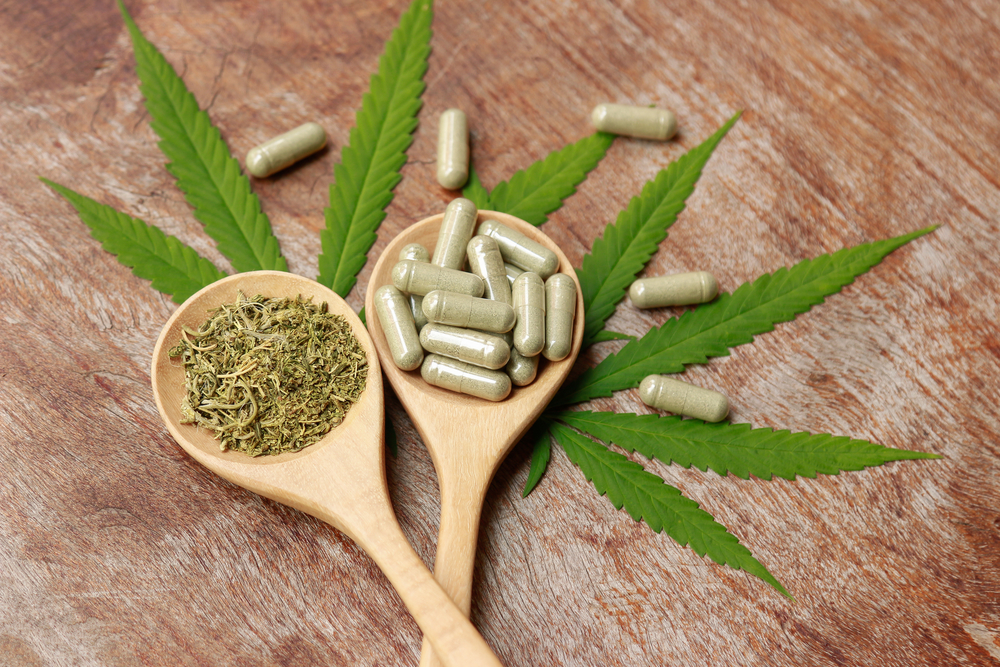
Cannabis can be used legally as a medicine in thirty-eight states. The remaining twelve states are expected to follow suit at some point. But as things currently stand, cannabis is neither prescribed nor dispensed like more traditional medications. What will it take to change that? What will it take to make cannabis like other prescription drugs?
Two things are required to put cannabis on a level playing field with medications like penicillin and prednisone. First is federal marijuana decriminalization. Second is enough research to enable pharmaceutical companies to make specific medicines with targeted purposes. Until both things happen, medical cannabis will continue being used as it currently is.
- No Doctor Prescriptions
As things now stand, there are no doctor prescriptions written for medical cannabis. Doctors do not ultimately decide on delivery method and dosage. They do not even determine how frequently a patient will use cannabis. Instead, doctors recommend cannabis as a medicine, then leave it to patients and their pharmacists to figure out product, delivery method, and dosage.
The reason for all of this is as simple as the fact that cannabis is still a Schedule I controlled substance. As such, federal law does not allow doctors to legally write prescriptions. Furthermore, standard pharmacies cannot fill cannabis prescriptions. That is why medical cannabis can only be obtained at a state-licensed pharmacy that sells only cannabis products.
All of this stipulates that federal decriminalization is necessary before medical cannabis can be put on a level playing field. But changes in federal law are just the start. We also need research.
- Getting New Drugs to Market
Pharmaceutical companies invest millions of dollars and years of time getting new drugs to market. Their drugs undergo extensive testing at multiple levels to demonstrate safety and efficacy. The earliest stages of testing involve the arduous task of designing drugs that actually do something.
Right now, there is plenty of anecdotal evidence in support of cannabis as a medicine. As for the scientific evidence, it is certainly lacking. More extensive research will help us better understand how the many cannabinoids and terpenes found in cannabis plants affect human physiology. And with sufficient data to work with, pharmaceutical companies can begin designing cannabis-based drugs with as much specificity as anti-inflammatory drugs, blood pressure medications, etc.
- Getting Processors on Board
More extensive research data would also get cannabis processors on board. They would ultimately be the ones charged with extracting cannabis crude oil and distilling it to separate its various components, prior to those components being utilized as ingredients for medications. According to Houston-based CedarStoneIndustry, extraction and distillation technology is already capable of doing what needs to be done. Processors only need research data to start creating new medicinal formulas.
At the heart of creating designer formulas is the distillation process. Distillation is capable of separating the constituents of a liquid by applying heat. It is based on the principle that different substances boil at different temperatures. By heating cannabis crude oil, you vaporize cannabinoids and terpenes before sending them through a condenser to return them to liquid form.
Distillation allows processors to mix and match cannabinoids and terpenes to create all sorts of formulas. Now, if Washington were to decriminalize marijuana and pharmaceutical companies could engage in more scientific research, we could actually put medical cannabis on the same playing field with other prescription drugs. We could create an environment in which doctors would have access to a variety of cannabis-based drugs they can ultimately prescribe. Those prescriptions could be filled at either cannabis-specific or general pharmacies.

